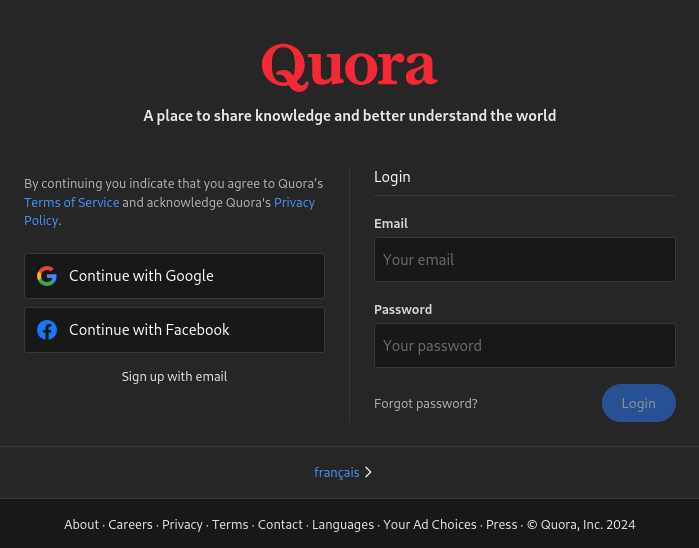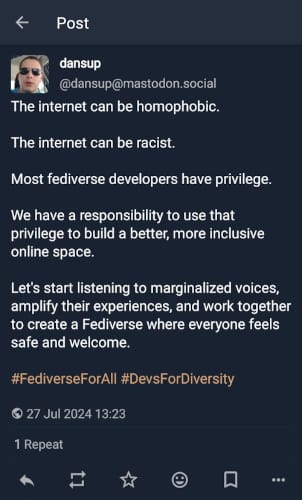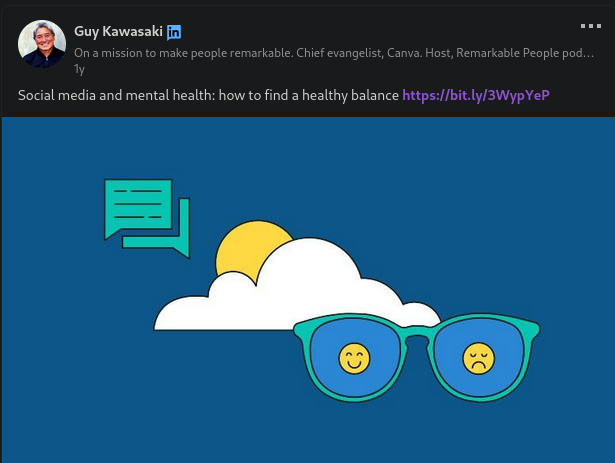The Internet of Tomorrow
Social media are over, or at least their exclusivity; let's talk about how to reopen the Internet.

We see major changes humans have never experienced before.
An electronic device of today, capable of connecting to the Internet, lets you travel to the other side of the planet and meet a fellow Man and open a window on a different point of view. Anyone is able to gather and go through knowledge either the legal or arr pirate way and touch subjects out of their sphere thanks to popularisers covering nearly all field in existence. A rising passion can become an authentic trade given the right information researched online.
At the dawn of the Internet, users had to peruse websites for hours at a time to gather bits of clues in order to answer a complex matter. Even with Google and other search engines, the task could be herculean when looking for anything recent. With the advent of social media and question-and-answer websites such as Stack Overflow and Quora, shared knowledge has become a prominent feature in the social aspect of the Internet. However, this online place of conundrums and gold mines of knowledge was thought out for easy access (or more like easy research). It still is to this day, but much work is put on the shoulders of users to actively look for something on the web 2.0. On apps and web apps such as TikTok or Twitter, search tools are not user-friendly and their only purpose is to serve more relatable not relevant content. New economic models of websites are now walling off parts of the Internet as well, such is the case for Quora where answers cannot be accessed without logging in. All of this when ad revenues are in sharp decline, and the massive digitalisation of printed media has pushed them to find other online stable revenues with paid subscription against access to information. It is by the way frustrating to navigate websites with a mix of free and paid content, such as Medium, where users "play the lottery" to view the content or be met with a pay-wall.

Of course, the whole wide world, either they are a hardcore netizen or someone touching their screen by the tip of the finger, knows of the dangers of the Internet. Even remote tribes are subjected to memetical campaigns of fake news only a couple of years after they first connected to the world (let us agree that the term world is vastly misused when talking about the world wide web and that being connected to the world has long been looked after by many and not just by opening up one's phone).
Because of such cases, many have taken upon themselves to better deal with the harshness of digitalised high walled off gardens. Among actions taken by the many is to learn to wield social networks to steer the sites in the direction to their place of needs. This is fighting a losing battle. Big Tech moral compass is only driven by profit margins and shareholders desire for exponential upwards stock price mechanisms will therefore inherently take place to nudge such unwilling player and get them to finally participate in making connections again. Therefore, more drastic measures have been adopted by numerous even though the tech literacy gap necessary to overcome has put off those who would otherwise thrive in a safer, more customisable and modular environment, as that is the case with open source tools allowing for easy migrations to other platforms or hosting solutions.
Open source projects need to promote their inclusiveness and how they encourage their users to do the same. For example, on the Fediverse there is a functionality to add descriptions to images for legally blind people and most of the community encourages such an endeavour; however it's not all sunshine and roses on the Fediverse, and the fact that the main population on these networks are computer savvy people and a majority of white males makes it hard for minorities to push for better tools to be better represented.

Here we have yet another prowess of open source social places: a community of coders driven to help create the right features for better social behaviours and interactions; where the Big Tech focuses solely on exciting interactions for the sole purpose of having people watch ads. And this pattern pushed the work class of content generation to now working overtime in order to satisfy the insatiable hunger of tech giants. There is not even enough time to experience the world before digitalising real life, to then have this new piece of craft is reproduced, transformed and modded until the trend dies.
With maturation social networks have transformed into their true for profit form, digital services have now primed their users for a major shift. Online social fatigue has disgruntled even the most fervent participants then looking for an escape or a more sustainable approach to social media. The experience of online social platforms is getting worse by the year, with algorithms and artificial intelligence mixing together to create a cluttered hellscape of reactionary utterances. Even when locking yourself with very strict (private account, followed-only stream), algorithms will catch up to you, with pop-ups assuring you of the latest trend to look at and participate in, or of the accounts rightfully selected. These mechanism are nearly non existent in open source projects because of the inherent idea to build tools that suit the need of the users and not to feed an algorithm.

Solutions offered by open source software might still look rudimentary for some, but there have been major improvements to their design for the last few years. Nonetheless, investments made by the Big Tech ensure an excellent work on making their apps as user-friendly as possible analysing each and every move made by users which cannot happen on open source platforms; only users feedbacks matter here.
Big Tech is dead set on trying to impose their technologies and closed software, even going as far as denying parts because they can't (or more exactly won't) adhere to local rules and policies. Open source software is only forbidden in dictatorships, places where incidentally the Silicon Valley is thriving offering services for security and using the engineering they developed around the globe and designed to monitor and exploit users.
In the end, online platforms have to make money as any other services, and here again open source software has proven to be genius thinking. While anyone can use the software however they want and for free, the ease of use provided by online solutions hosted by the dev team for a fee makes it attractive for non tech savvy people or organisations that do not possess the know-how to take care of such services.

